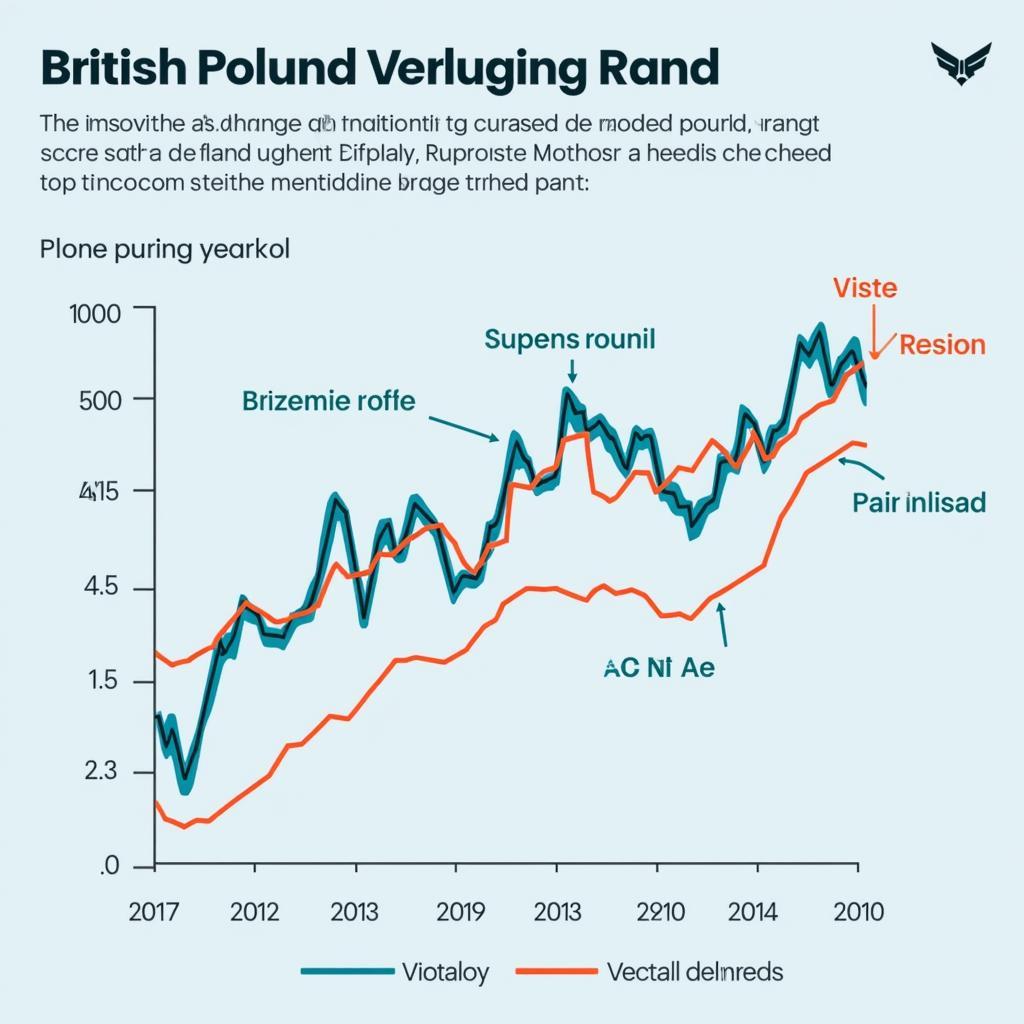Understanding the African American Family Structure: An Essay Exploration
The complexities and nuances of the African American family structure are a topic rich with history, resilience, and ongoing evolution. This essay will delve into the historical context, present-day realities, and future considerations surrounding the African American family structure.
Historical Influences on the African American Family
The African American family structure has been profoundly shaped by the legacy of slavery and its enduring aftermath. Forced separation, denial of legal marriage, and the constant threat of violence disrupted traditional family structures and created unique kinship networks. These networks, often extending beyond blood relations, provided vital support and a sense of community in the face of adversity. Following emancipation, African Americans faced continued discrimination and economic hardship, further impacting family stability. Understanding this historical context is crucial for analyzing the present-day African American family structure.
The resilience and adaptability of African American families during these challenging times laid the foundation for the diverse family structures we see today. The importance of extended family, community support, and strong female leadership emerged as defining characteristics, reflecting the enduring strength and spirit of the African American community.
The Evolving Landscape of the African American Family
The contemporary African American family structure is multifaceted and varies greatly. While the nuclear family model exists, it’s important to recognize the prevalence of other family forms, including single-parent households, extended family households, and kinship care arrangements. These diverse structures often reflect economic realities, social pressures, and cultural values. It’s crucial to avoid generalizations and appreciate the individual circumstances and strengths within each family unit. african american literature essay questions explores the portrayal of these family dynamics in literature.
What are some common misconceptions about African American families? One common misconception is the assumption of a monolithic family structure. The reality is that African American families, like families of all backgrounds, exhibit a wide range of structures and dynamics. Another misconception is the overemphasis on negative stereotypes, often ignoring the resilience, love, and support that characterize many African American families.
Socioeconomic Factors and Their Impact
Socioeconomic factors play a significant role in shaping the African American family structure. Issues such as poverty, lack of access to quality education, and systemic racism create barriers to economic stability and can impact family formation and stability. Understanding these challenges is essential for developing effective policies and programs that support African American families. african american male provides further insight into the challenges faced by African American men and their impact on family dynamics.
How do these socioeconomic factors influence family dynamics? Economic hardship can strain family relationships and increase stress levels, while lack of access to resources can limit opportunities for advancement and create intergenerational cycles of poverty. Addressing these systemic issues is crucial for fostering stronger and more resilient African American families.
The Strength and Resilience of African American Families
Despite facing historical and ongoing challenges, African American families continue to demonstrate remarkable strength and resilience. The emphasis on kinship, community support, and cultural values provides a strong foundation for navigating adversity and fostering a sense of belonging. Recognizing and celebrating these strengths is crucial for promoting positive narratives and empowering African American families.
Dr. Anika Johnson, a prominent sociologist specializing in African American family studies, states, “The narrative of the African American family must move beyond deficit-based perspectives and acknowledge the inherent strength and resilience embedded within these diverse family structures.” This perspective emphasizes the importance of focusing on the positive aspects and celebrating the rich tapestry of African American family life.
Professor Kwame Asante, a historian specializing in African American history and culture, adds, “The historical context of the African American family is crucial for understanding the unique challenges and triumphs that have shaped these families over generations.” This highlights the importance of acknowledging the historical context and its ongoing influence on contemporary family dynamics.
Conclusion: Embracing the Diversity and Strength of African American Families
The African American family structure is a complex and evolving tapestry woven with threads of history, resilience, and cultural richness. Understanding the historical context, present-day realities, and future considerations is vital for promoting positive change and supporting the diverse needs of African American families. [African American Family Structure Essay](This keyword) This essay has aimed to provide a nuanced perspective on this important topic. african gender studies pdf offers further exploration of gender roles within African families. It is crucial to recognize and celebrate the strength, resilience, and diverse forms of the African American family structure.
FAQ
-
What is the typical African American family structure? There is no single typical structure. African American families are diverse and include nuclear families, single-parent households, extended family households, and kinship care arrangements.
-
How has history shaped the African American family structure? Slavery, segregation, and ongoing systemic racism have significantly impacted family formation and dynamics, leading to unique kinship networks and strong female leadership roles.
-
What are some common misconceptions about African American families? Common misconceptions include the assumption of a monolithic family structure and the overemphasis on negative stereotypes.
-
What are the strengths of African American families? Strengths include resilience, strong kinship bonds, community support, and a rich cultural heritage.
-
How can we support African American families? Supporting African American families requires addressing systemic inequalities, promoting economic opportunities, and celebrating the diversity and strength within these families.
-
Where can I find more resources on African American family studies? african feminist books and their publishing years offers valuable resources. Also, academic journals, research institutions, and community organizations dedicated to African American studies provide further information.
-
What is the importance of studying African American family structures? Studying these structures allows for a deeper understanding of the unique challenges and strengths within the community and helps inform policies and programs aimed at supporting families.
Common Situations and Questions:
- How to navigate intergenerational conflicts within an extended family setting?
- How to address the impact of incarceration on family members?
- How to access resources and support for single-parent households?
- How to discuss and celebrate cultural heritage within the family?
Further Exploration:
You may also be interested in articles on:
- The role of religion in African American families.
- The impact of mass media representation on perceptions of African American families.
- The history of African American family traditions and customs.
- The influence of music and art on African American family life. african language sentences could also provide a deeper connection to the cultural roots.
For any support or inquiries, please contact us at Phone Number: +255768904061, Email: [email protected] or visit us at Mbarali DC Mawindi, Kangaga, Tanzania. Our customer service team is available 24/7.


